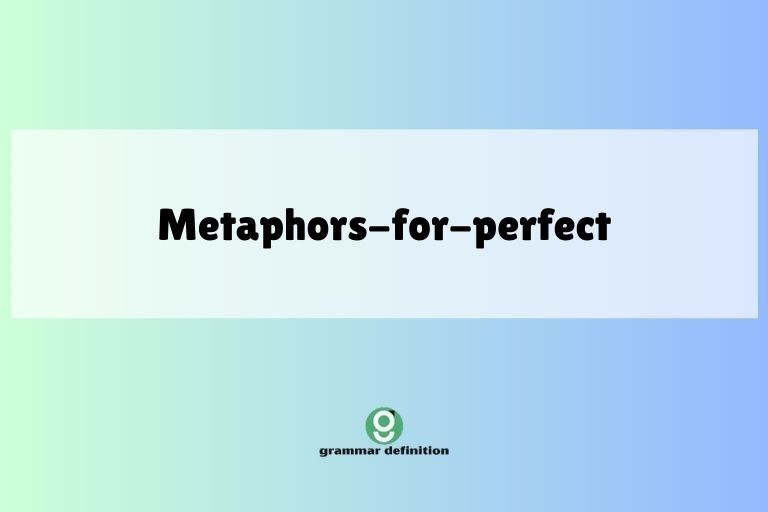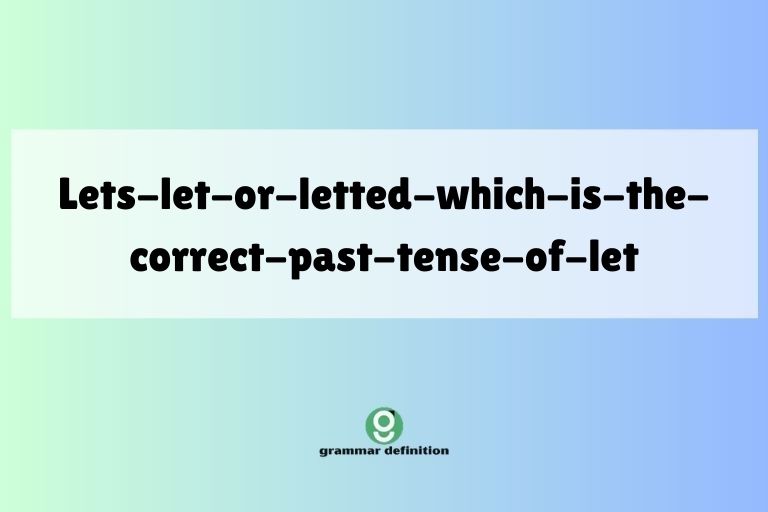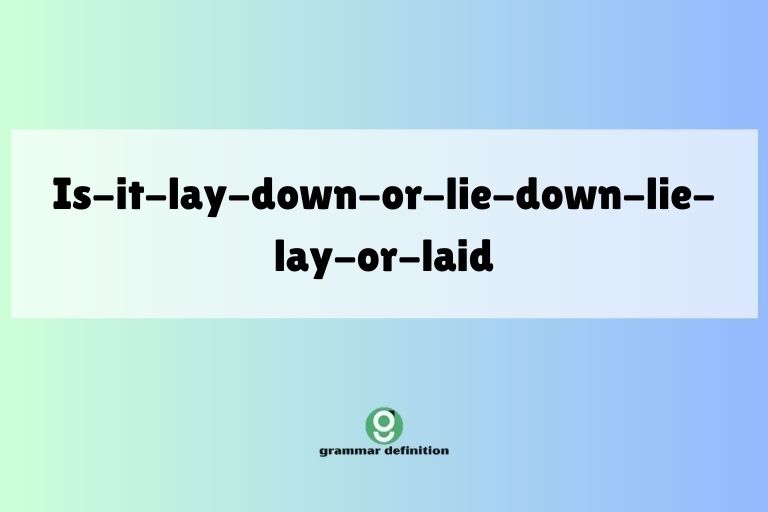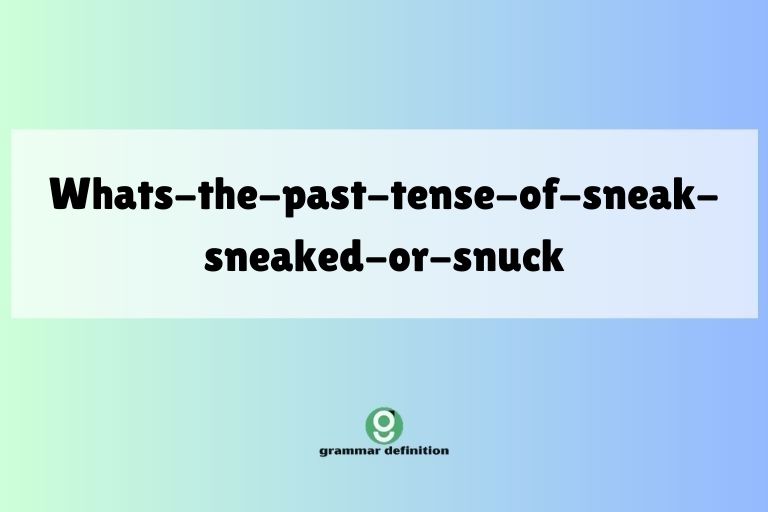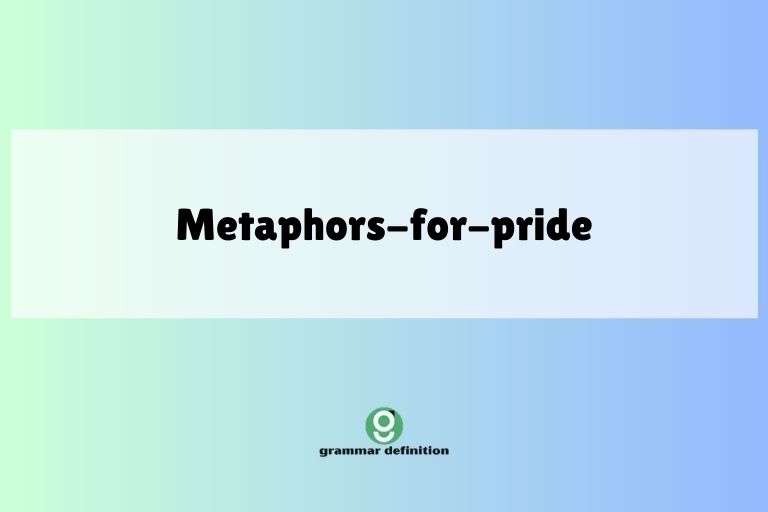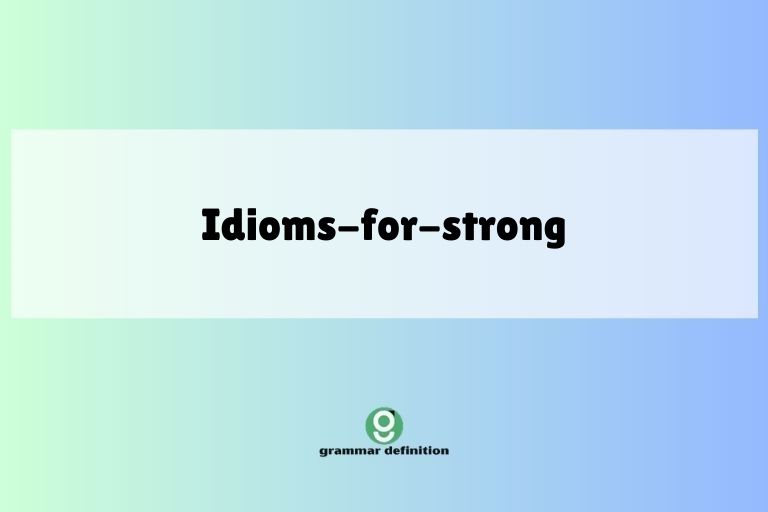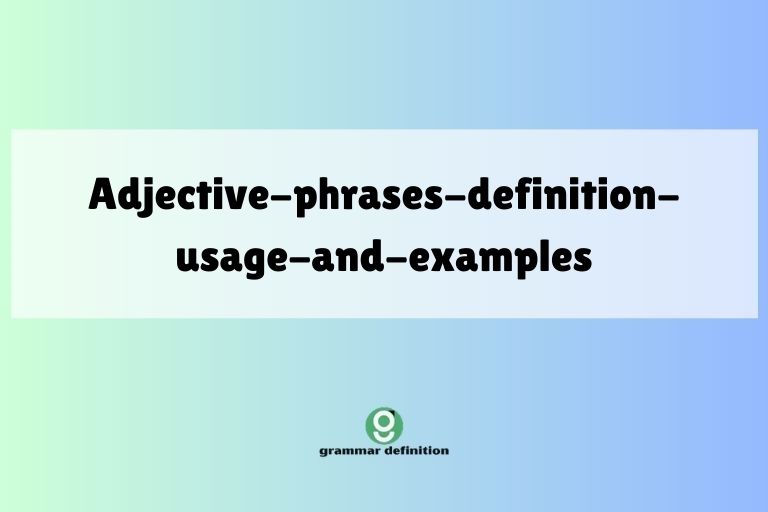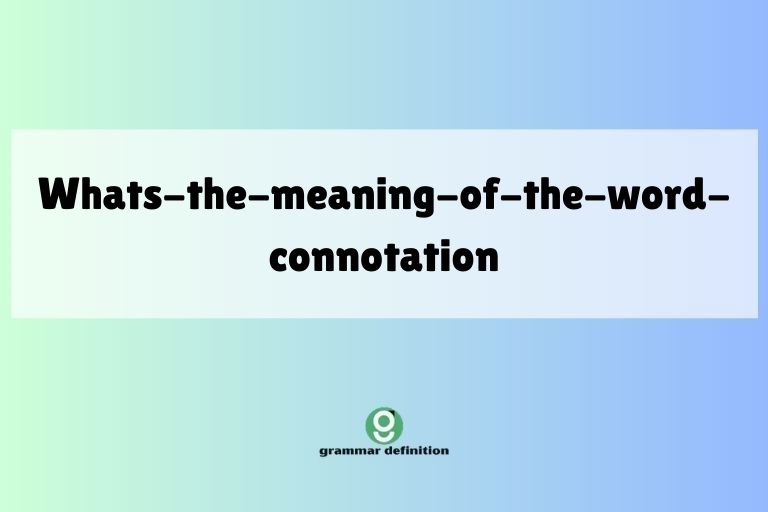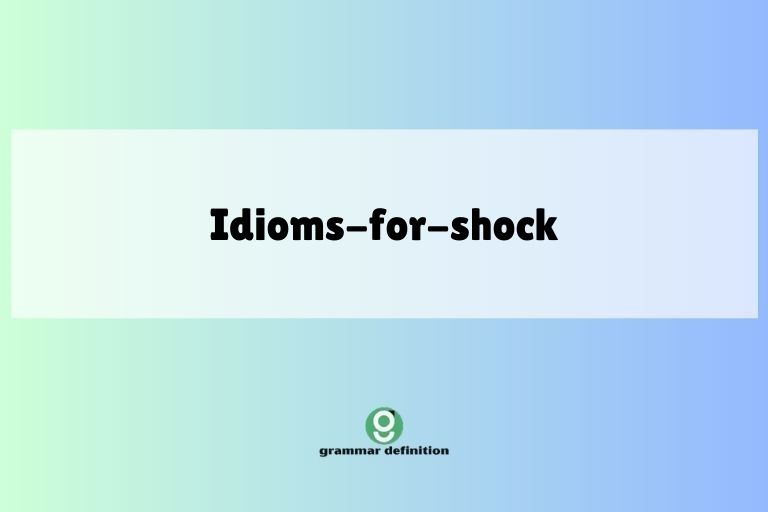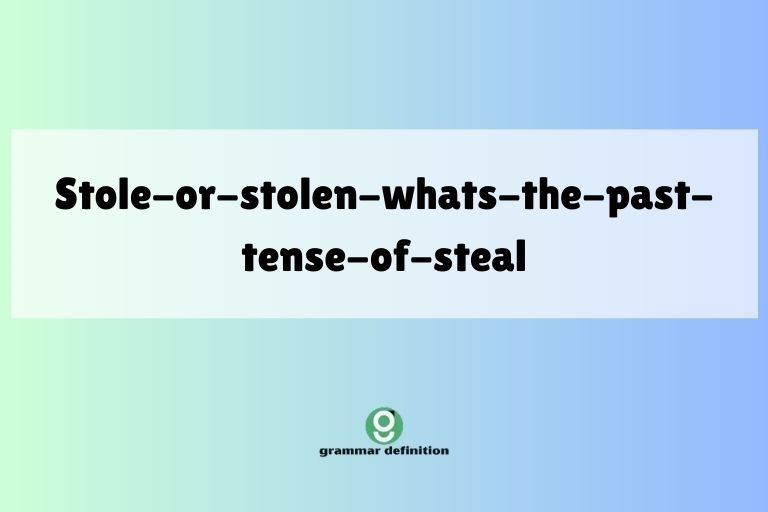Metaphors for Perfect: Mastering Figurative Language
Understanding metaphors is crucial for mastering the nuances of the English language. Metaphors allow us to express complex ideas in vivid and relatable ways, adding depth and color to our communication. When describing something as “perfect,” metaphors can elevate our language from the mundane to the memorable. This article explores various metaphors for “perfect,” providing … Read more

